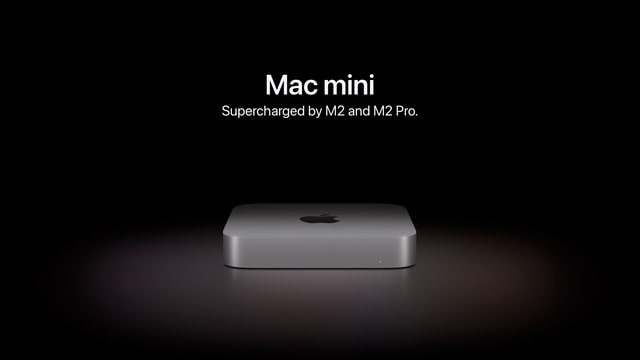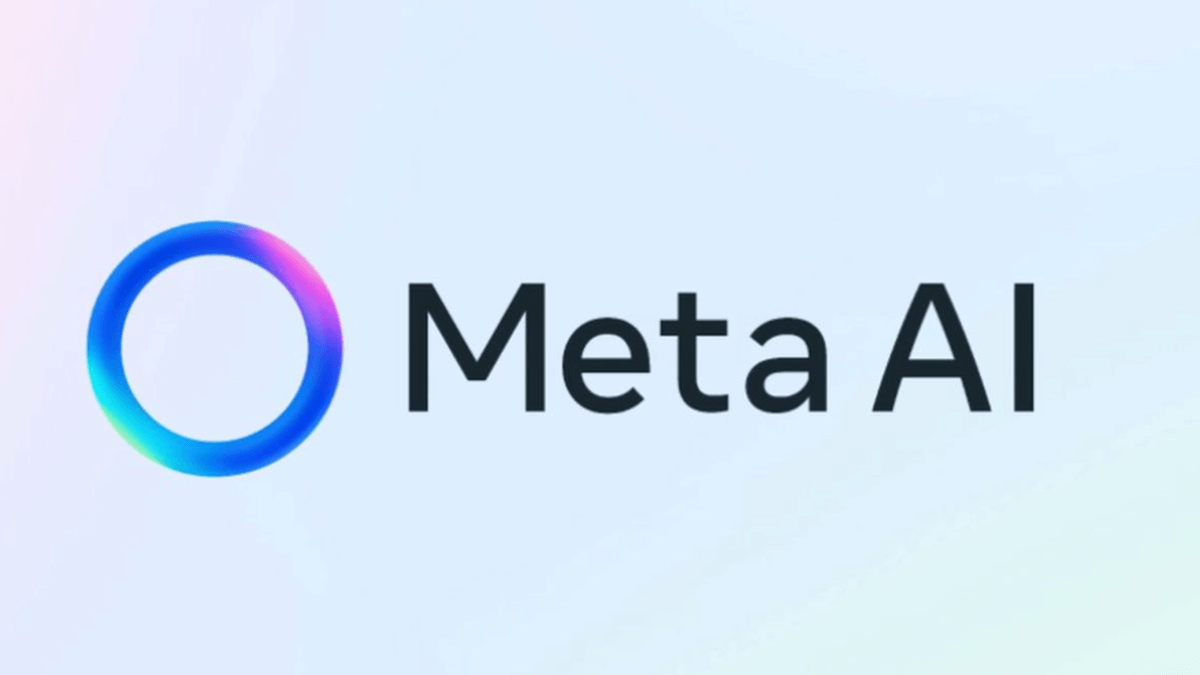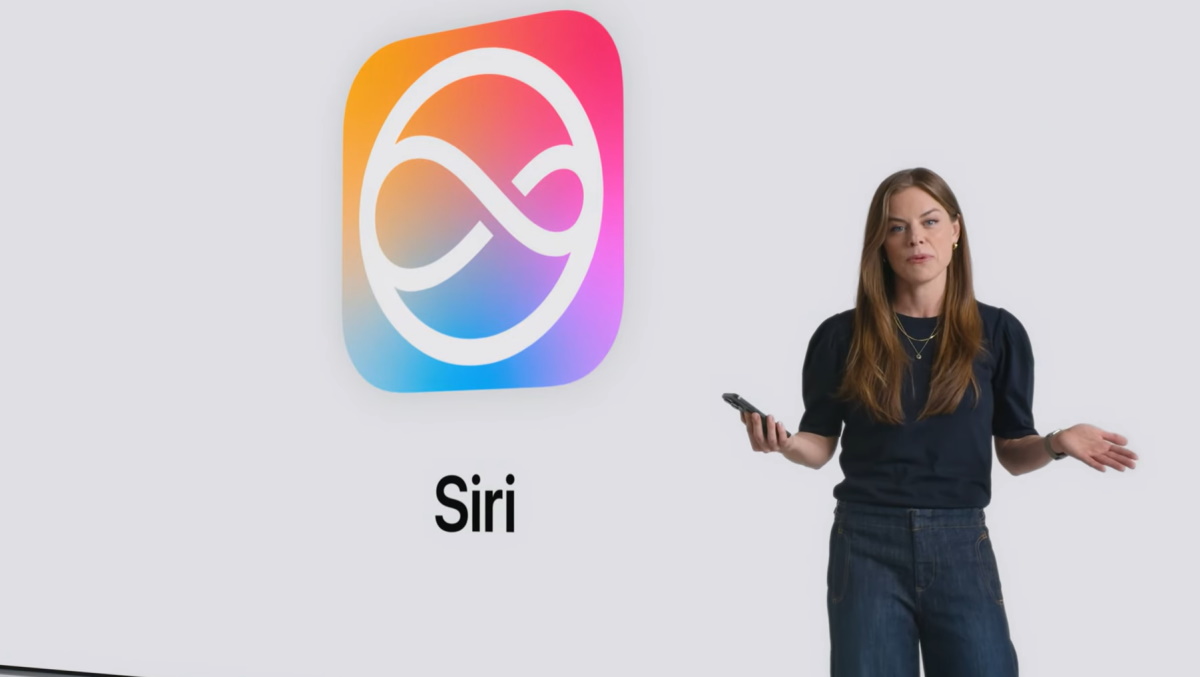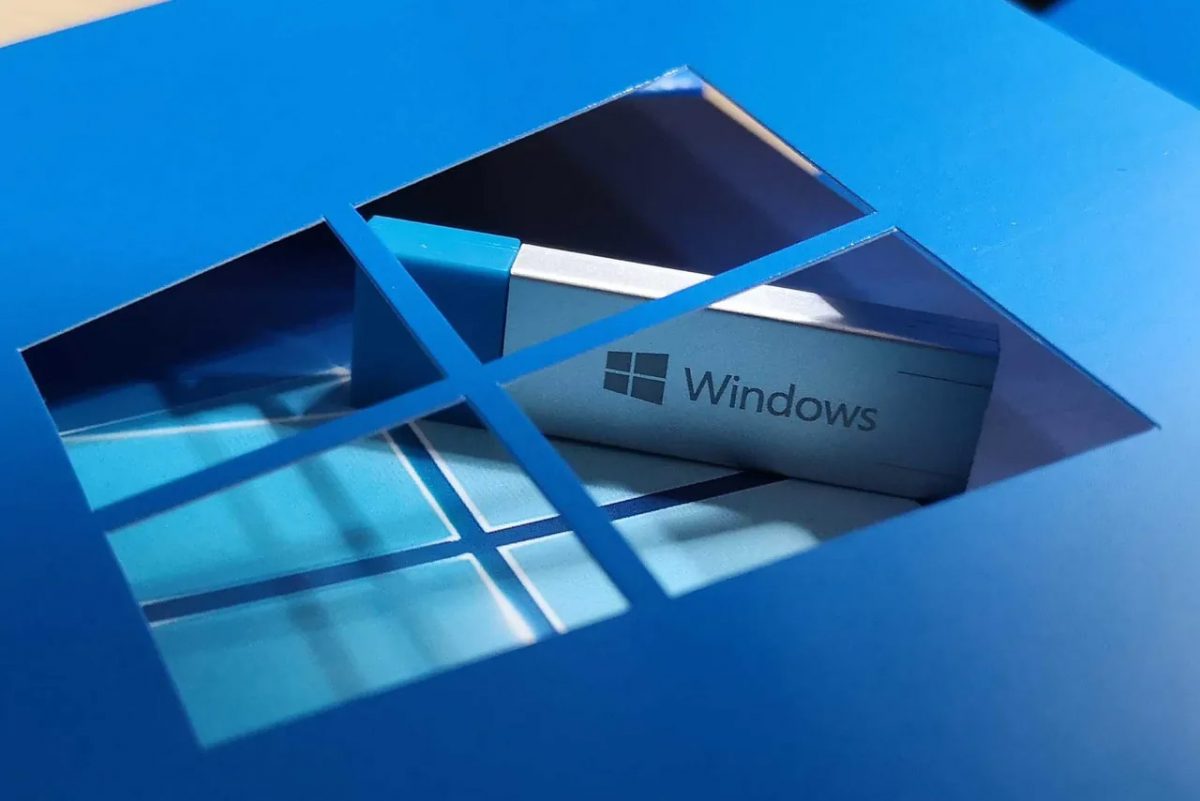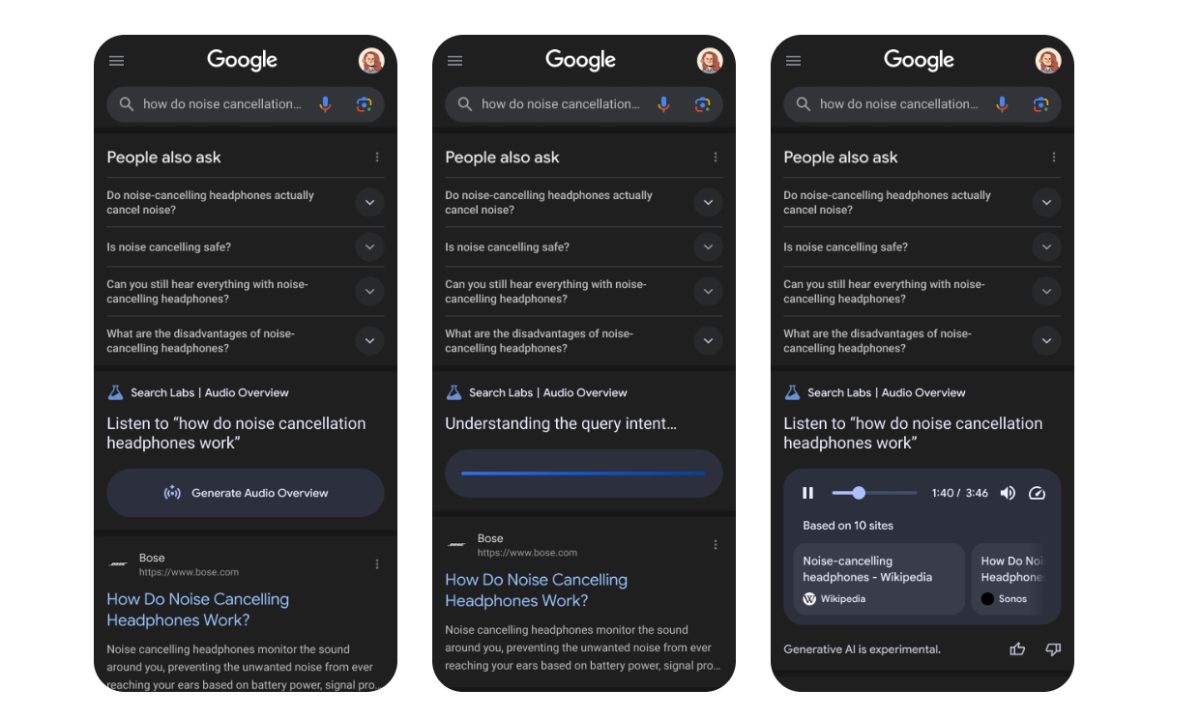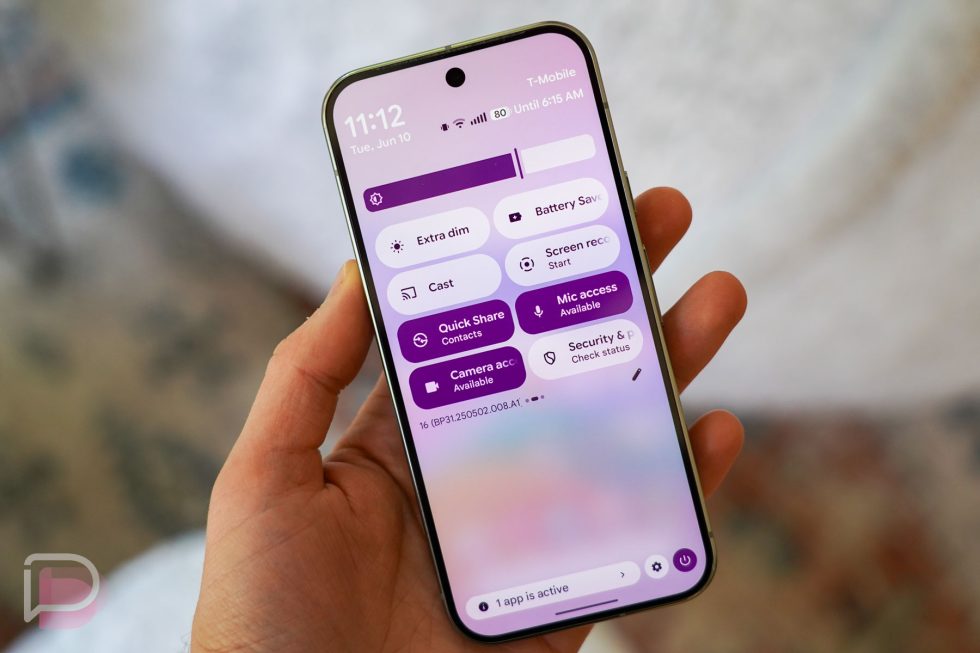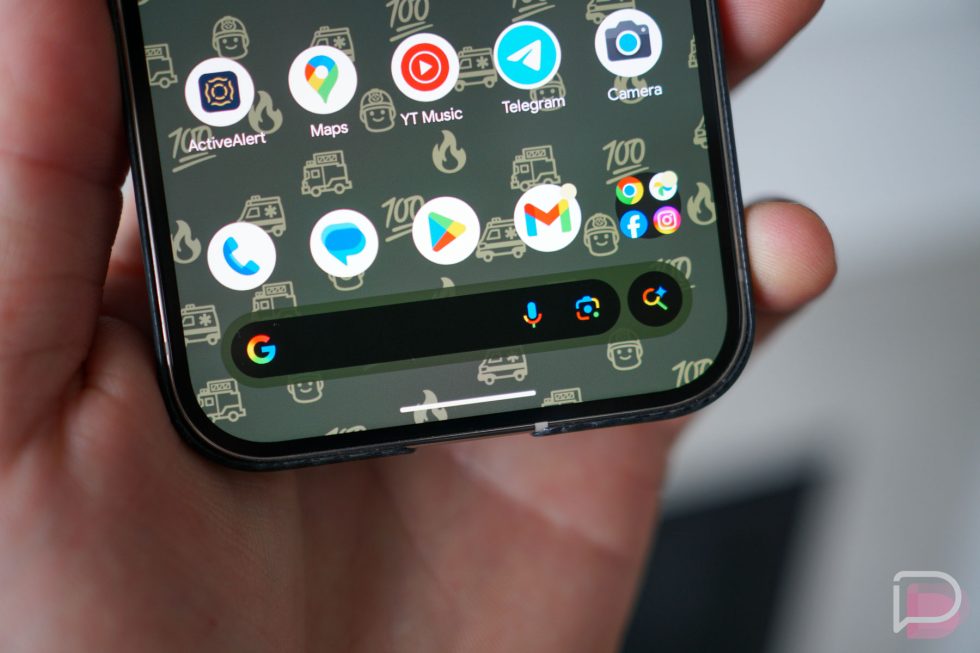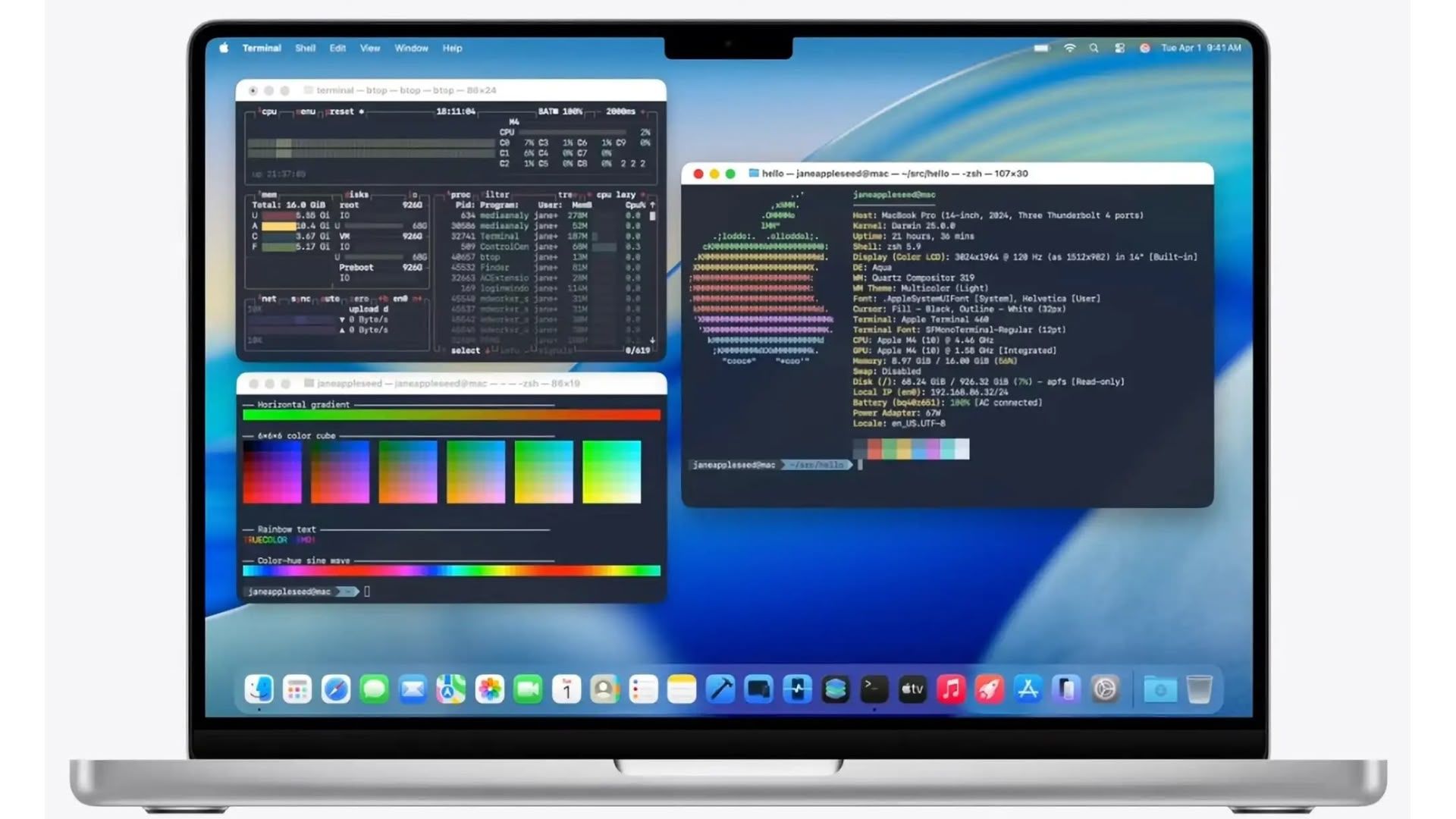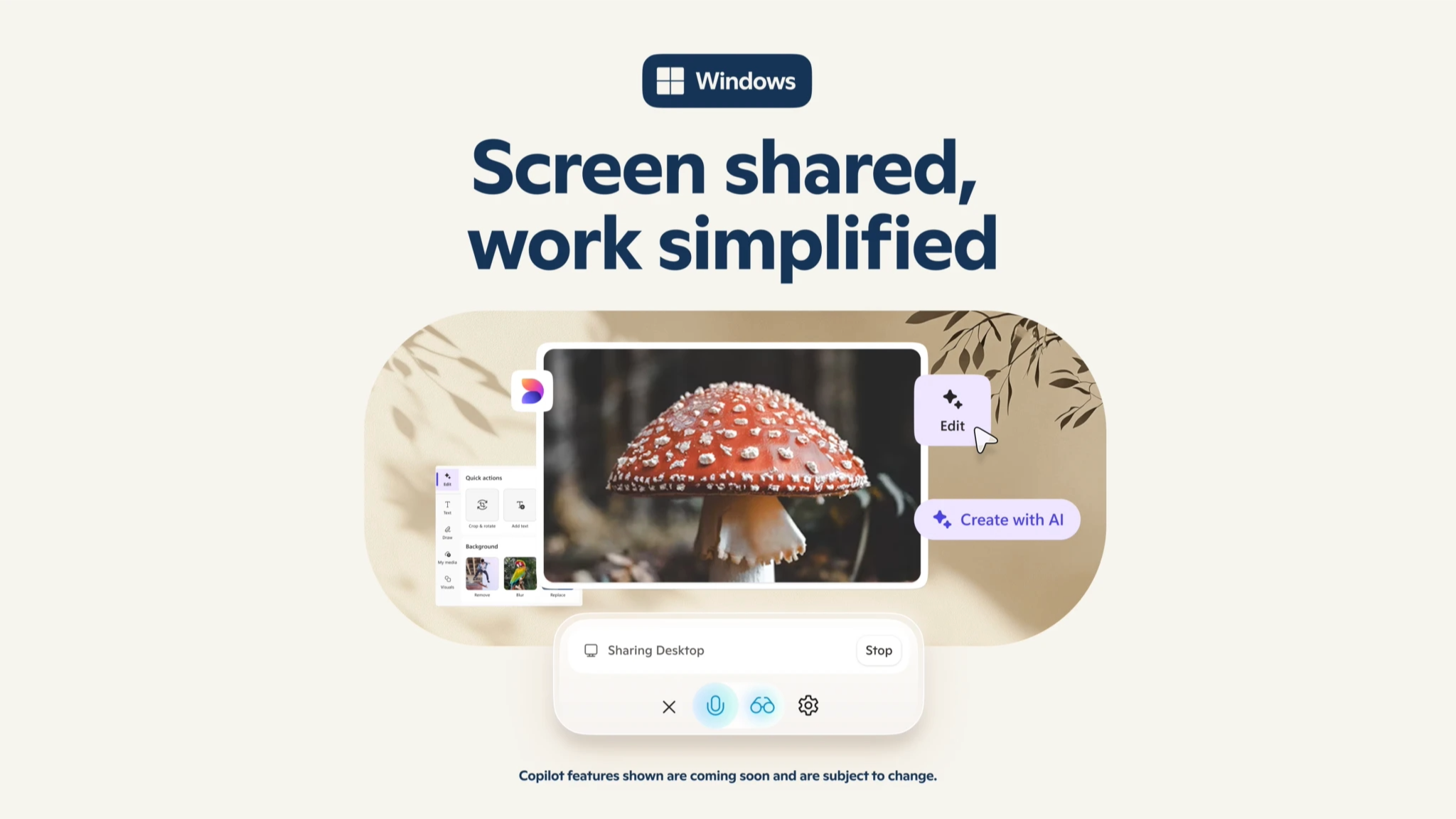The ‘Superlative’ Injunction: India’s Pirate Site Blockades Go Next Level
The High Court in New Delhi, India, has granted a new type of pirate site blocking order, dubbed the "superlative" injunction. The blocking order was obtained by Star India, a subsidiary of American entertainment giant Disney. It aims to disrupt IPTV Smarters Pro and related pirate sites and apps in 'real-time', with a temporary carte blanche to add new targets. From: TF, for the latest news on copyright battles, piracy and more.

 Pirate sites and services can be a real challenge for rightsholders to deal with. In India, however, recent court orders have proven to be quite effective.
Pirate sites and services can be a real challenge for rightsholders to deal with. In India, however, recent court orders have proven to be quite effective.
Indian courts have issued pirate site blocking orders for over a decade and at least initially, they were relatively basic. To get a site blocked by local ISPs, rightsholders had to request an injunction for specific domain names, providing detailed evidence for each.
From Regular to Dynamic Injunctions
These regular injunctions were only partially effective. After the High Court granted an injunction, pirate sites would often switch to new domains, requiring rightsholders to return to court to get these blocked as well.
To deal with this problem, the dynamic injunction was invented. These orders were issued to more effectively deny access to content made available on pirate sites. ISPs were not only required to block original domains, but also any clones and mirror sites that surfaced after the order was signed.
This was a major victory for rightsholders, who soon sought additional measures to further streamline the blocking process through dynamic+ injunctions.
Dynamic+ Injunctions
Dynamic+ injunctions not only apply to domain names that don’t yet exist, they can also be used for content that has yet to be created. This helps copyright holders to apply blocking orders to copyrighted works that are still in the pipeline.
Another major breakthrough means that injunctions don’t just compel ISPs to block domain names, they also require domain registrars to comply. American companies such as Namecheap have taken domains offline globally as a result.
For example, Namecheap previously suspended the then popular pirate streaming portals Zorox.to, Upmovies and Flixwave.to following a dynamic+ order issued by the New Delhi High Court. Other domain registrars including Porkbun appeared to comply with this and similar dynamic+ injunctions.
New: The Superlative Injunction
In recent years these injunctions have transformed into a powerful legal tool, allowing rightsholders to protect existing and future works with relative ease. However, rightsholders still requested additional relief.
In February, Star India obtained an injunction targeting various streaming sites and services including starshare.live, xtv.ooo and smart4k.cc. The injunction also required third-parties to disclose personal info related to the mobile apps operating through iptvsmarters.com, iptvsmarterpro.app, and others.

These measures were taken to protect content from Hotstar and Disney+, but Star India recently returned to court to request additional measures. To protect its rights, the media company sought to expand the blocking injunction to apps, as well as the ability to add additional targets without having to file new applications.
Two weeks ago, the New Delhi High Court addressed these concerns by issuing a new injunction: The Superlative Injunction. As the name suggests, this order goes a step further than its predecessors.
Added: Mobile Apps
The Superlative Injunction adds ‘rogue’ mobile applications as blocking targets, going beyond the traditional pirate websites that were typically subject to Dynamic+ orders.
According to the Court, it doesn’t matter how sites or services operate; any copyright infringing service is eligible for real-time blocking to stop works from being pirated.
“At the end of the day, this Court is dealing with the intellectual property rights of the copyright owner, the plaintiff herein, and the mode of use/ dissemination/ activity is/ can hardly be of any concern,” the Court writes.
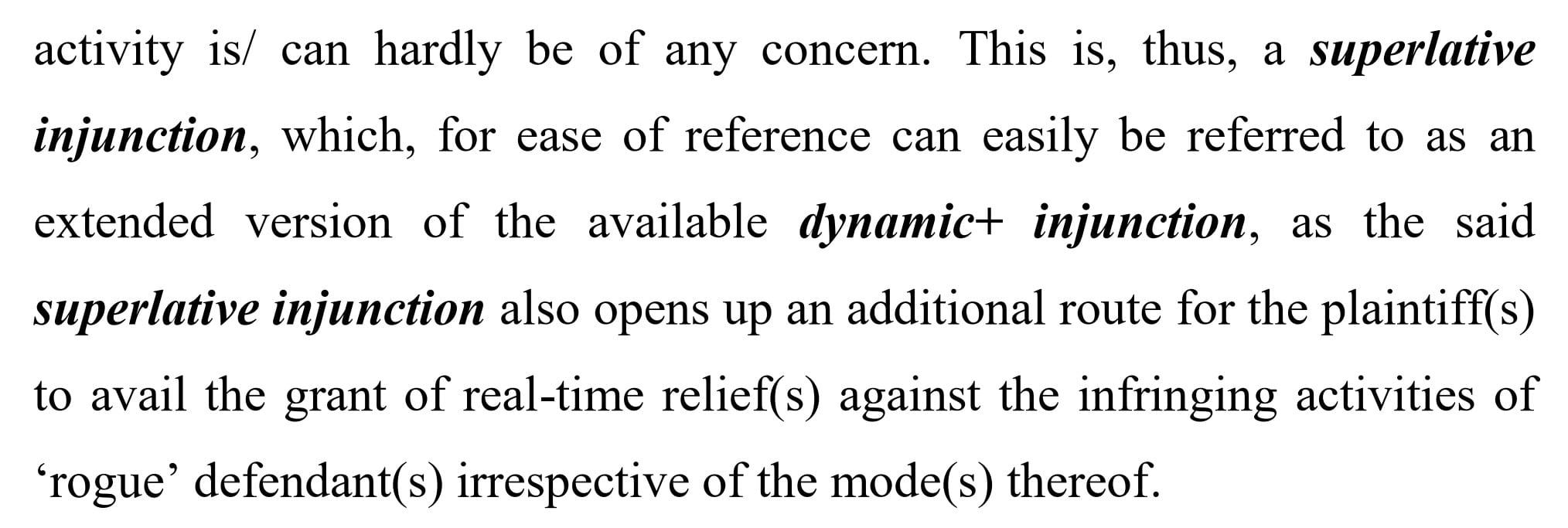
Paused Oversight During Summer Break
The recently-ordered Superlative Injunction effectively expands the list of blocking targets. However, this specific order comes with another novelty, as it allows Star India to add additional blocking targets without court oversight for a limited period.
The High Court goes on a summer break this month, but sports broadcasts don’t stop during this period. Star India was particularly concerned about the ongoing England Tour of India cricket games, which are widely pirated.
Since the Court is on a break, it issued a temporary ‘pre-emptive’ blocking authority. Specifically, Star was granted the option (until July 3) to add new targets without going to court first.
“In the aforesaid circumstances, it is felt appropriate by this Court to […] grant real-time relief qua rogue websites and rogue mobile applications which may be discovered during the course of the present proceedings.”
These blocking requests can be made to ISPs as well as domain name registrars, which will be required to take action in response.
Who Watches the Watchmen?
The Court’s solution is pragmatic, but it’s not without concerns. Blocking websites and suspending domain names with reduced judicial oversight means that potential errors might not be corrected for weeks.
Previously, Vimeo, GitHub and the Internet Archive were blocked in India as the result of ‘errors’ so this isn’t merely a hypothetical concern.
As noted by Arnav Kaman on the Indian copyright blog SpicyIP, the order effectively turns Star India into the protector of its own content, giving it free rein to block anything while the court is on vacation. That can be a problem.
“The court cannot remain willfully ignorant of the blocking that may occur over the vacation; thus, they have a responsibility to maintain a full record of all the websites, domains and apps that the rightsholder seek to block,” Kaman writes.
“Furthermore, in the instance, there is an overbroad application of these injunction to bona fide websites and apps being caught in the crossfire, they will have no remedies in the lack of any official record by the court.”
All in all, it is understandable that the current blocking powers have been expanded to mobile apps and other pirate tools. However, it’s up for debate whether giving rightsholders carte blanche to pick their targets is the right thing to do.
Then again, dealing with real-time blocking is a complicated problem that is difficult to solve as long as manual labor is involved. Eventually, this will only increase calls for automated blocking solutions, ideally ones with proper oversight and fail-safes.
—
A copy of the Superlative Injunction issued by the New Delhi High Court is available here (pdf)
From: TF, for the latest news on copyright battles, piracy and more.


























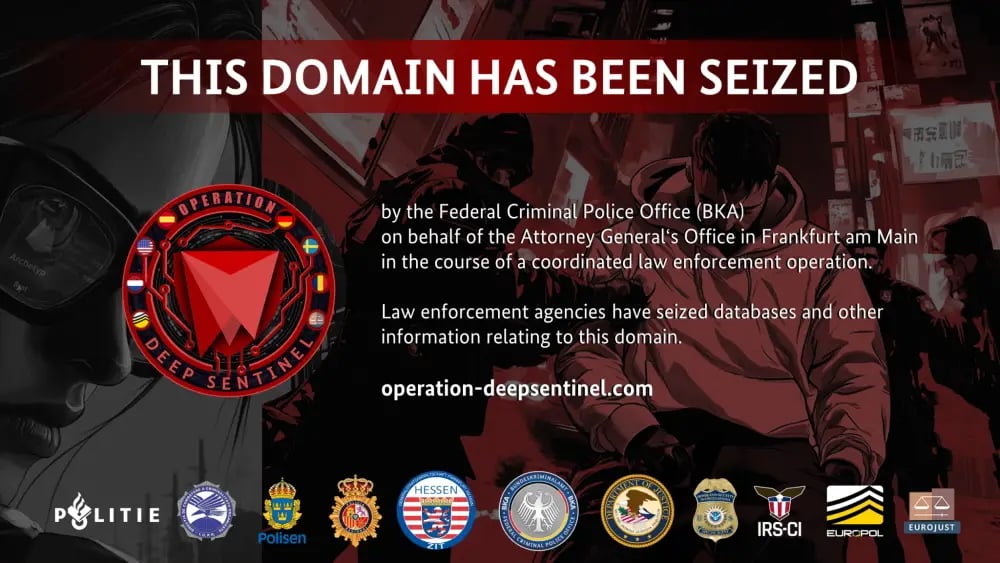









































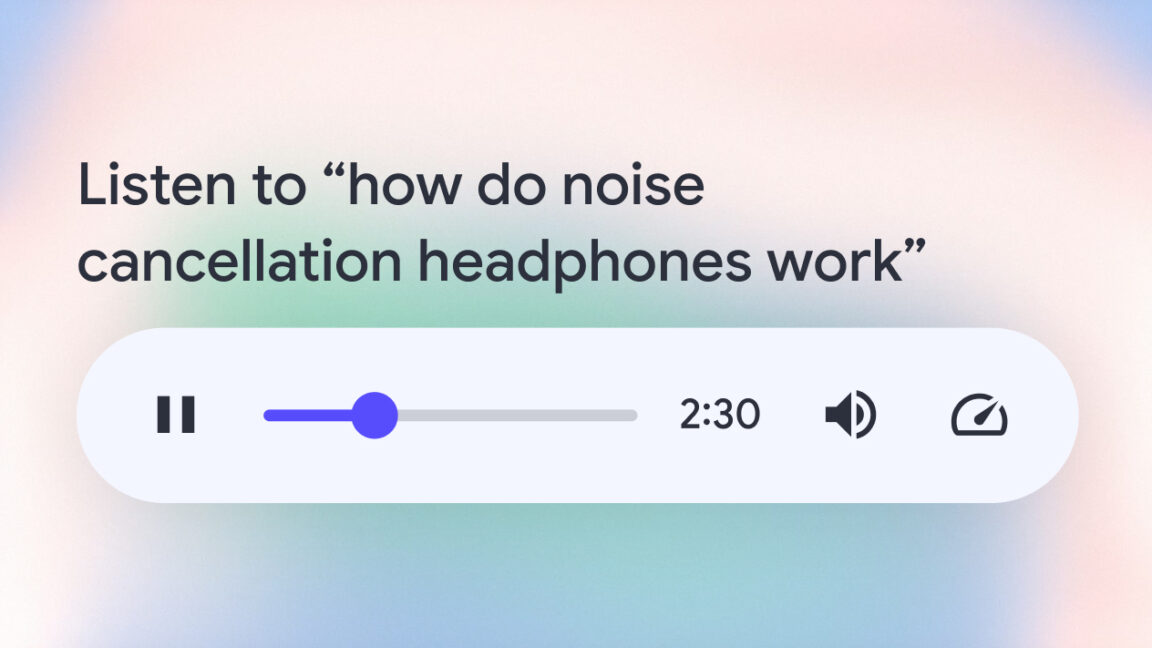








































































































![[The AI Show Episode 152]: ChatGPT Connectors, AI-Human Relationships, New AI Job Data, OpenAI Court-Ordered to Keep ChatGPT Logs & WPP’s Large Marketing Model](https://www.marketingaiinstitute.com/hubfs/ep%20152%20cover.png)





























































































































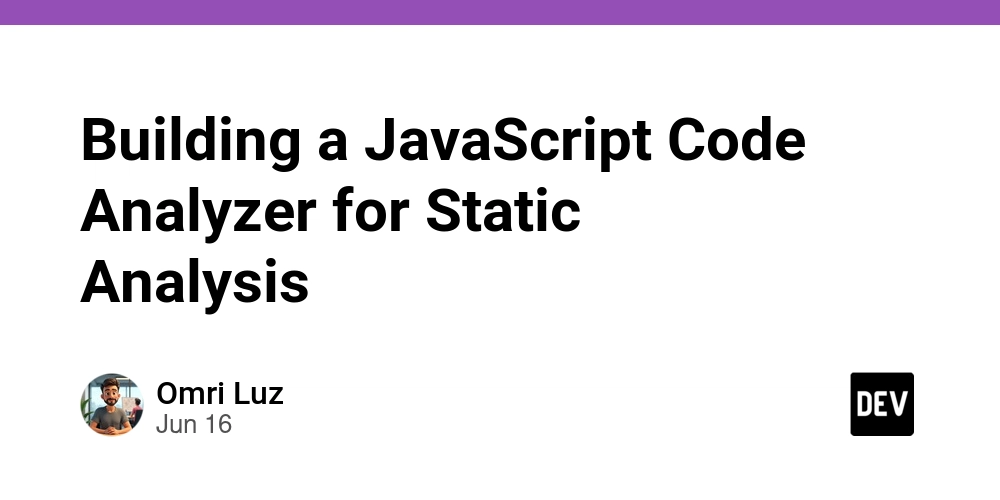
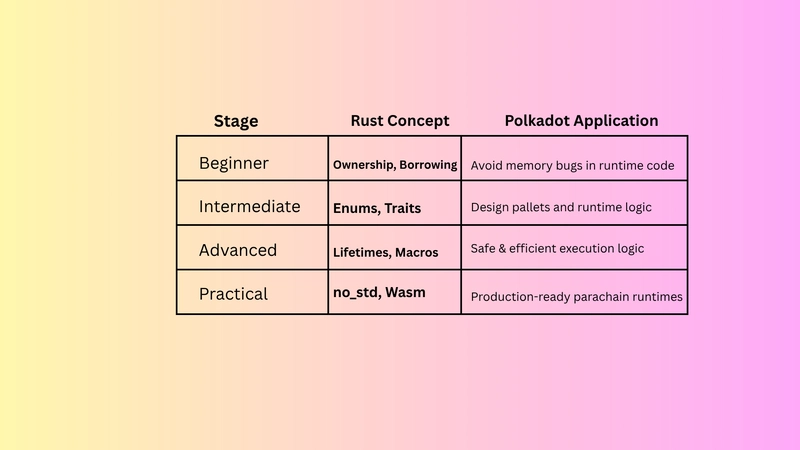

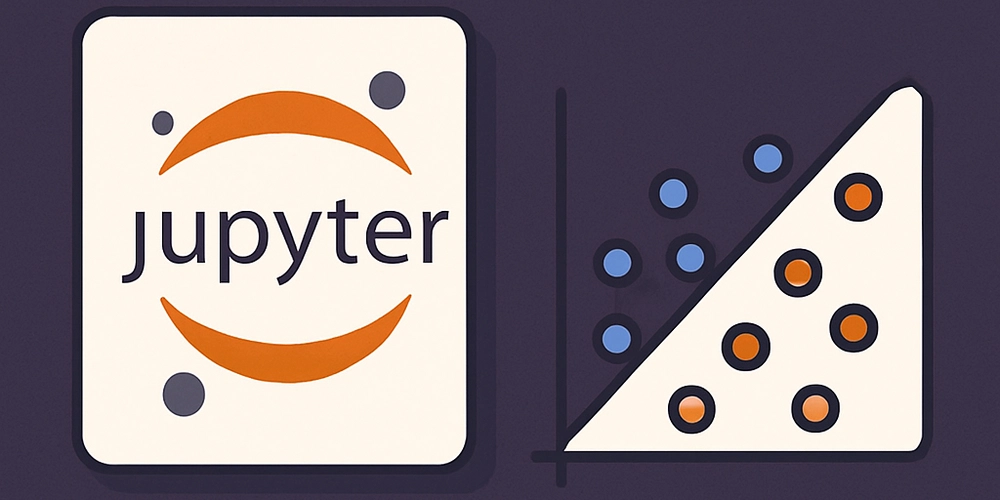


















![Designing a Robust Modular Hardware-Oriented Application in C++ [closed]](https://i.sstatic.net/f2sQd76t.webp)


















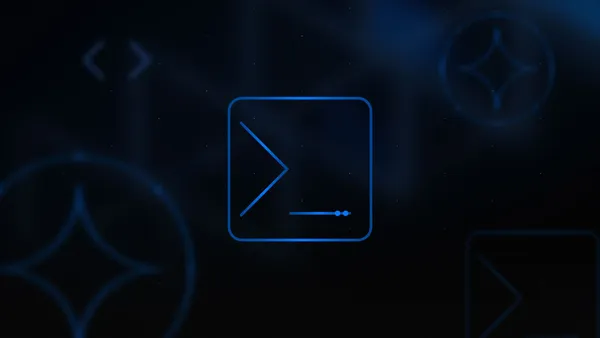
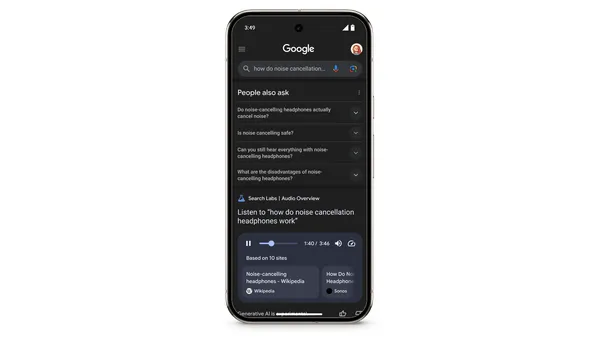
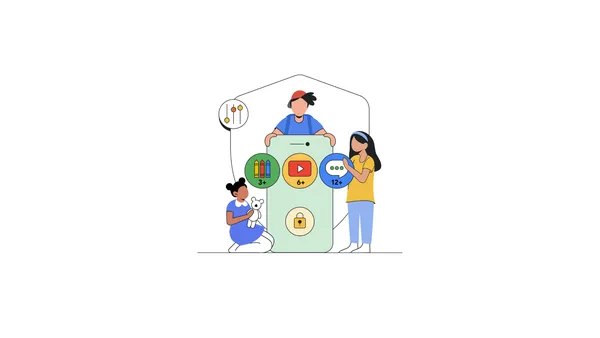



.jpg?width=1920&height=1920&fit=bounds&quality=70&format=jpg&auto=webp#)

.jpg?width=1920&height=1920&fit=bounds&quality=70&format=jpg&auto=webp#)
































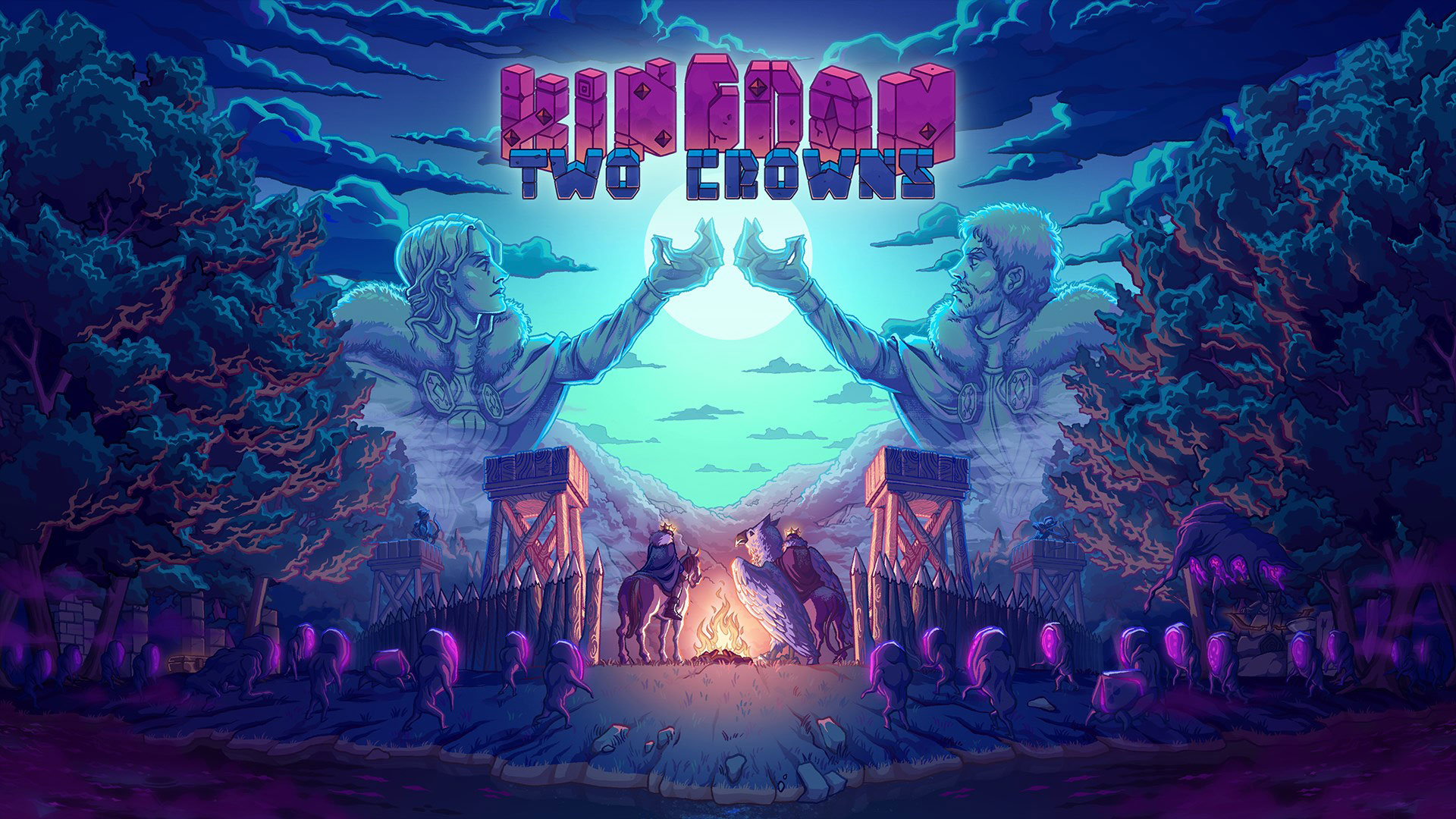









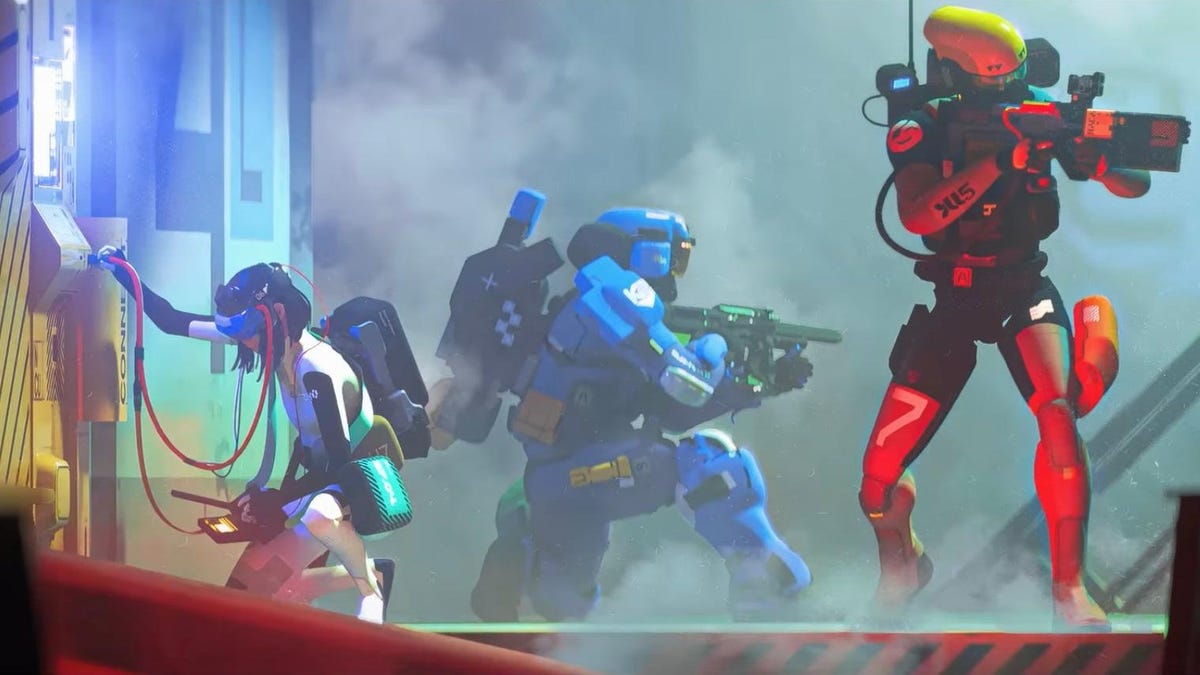

















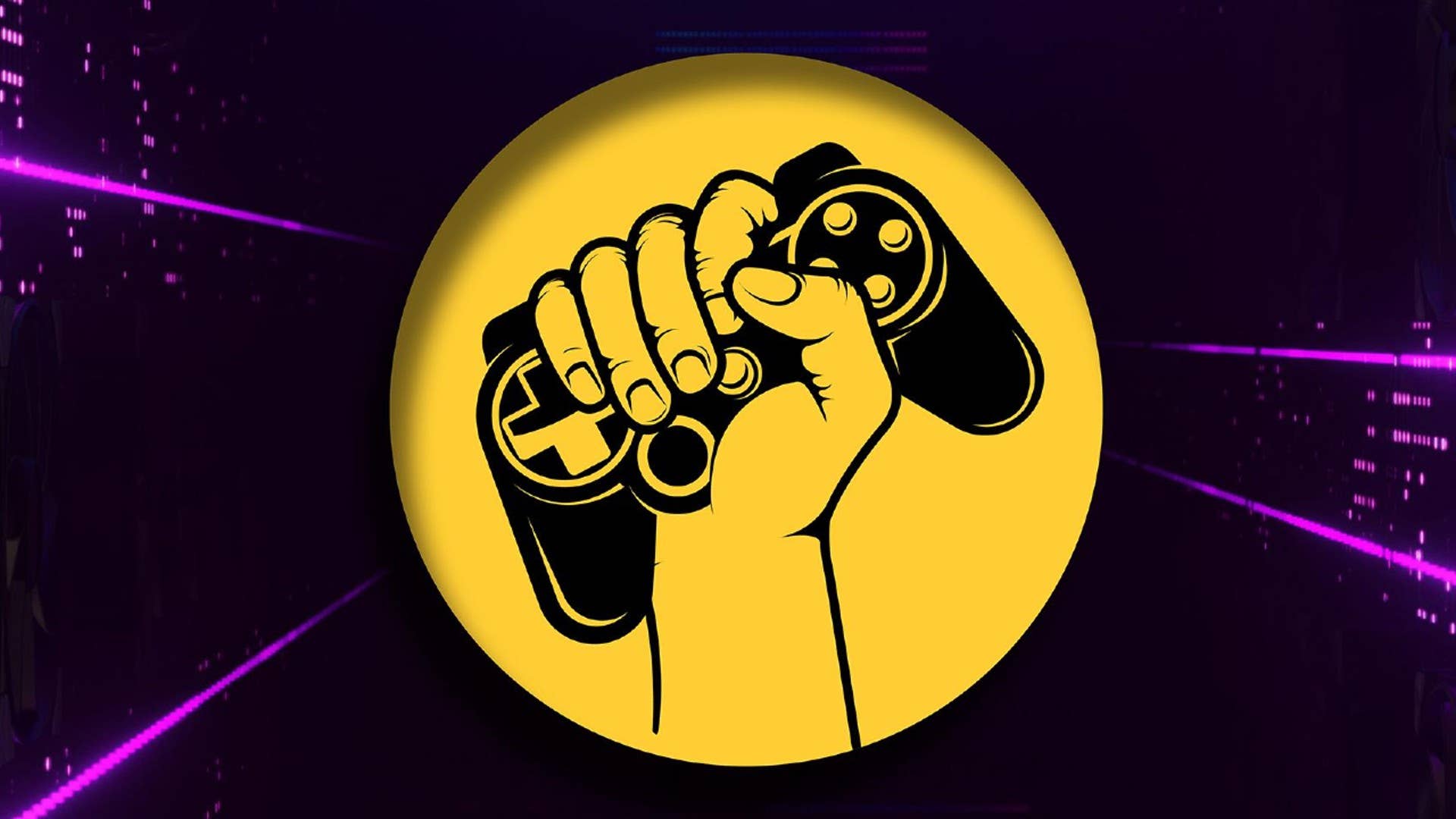

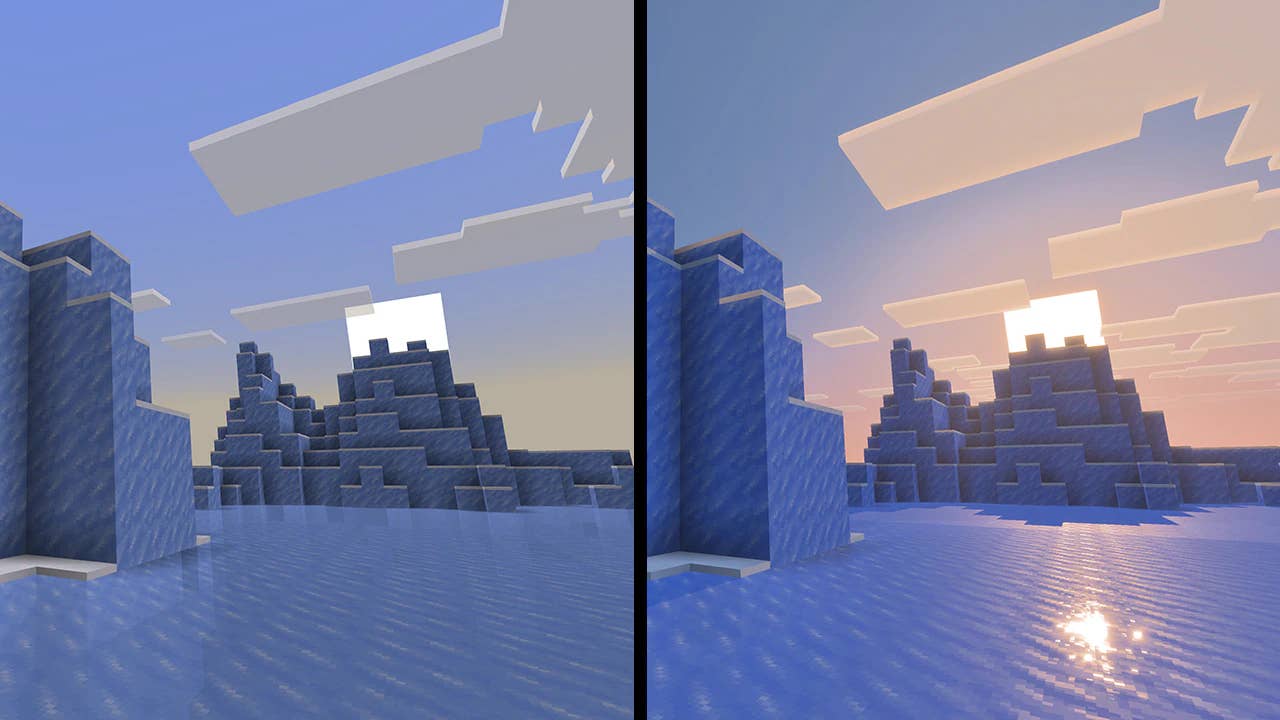















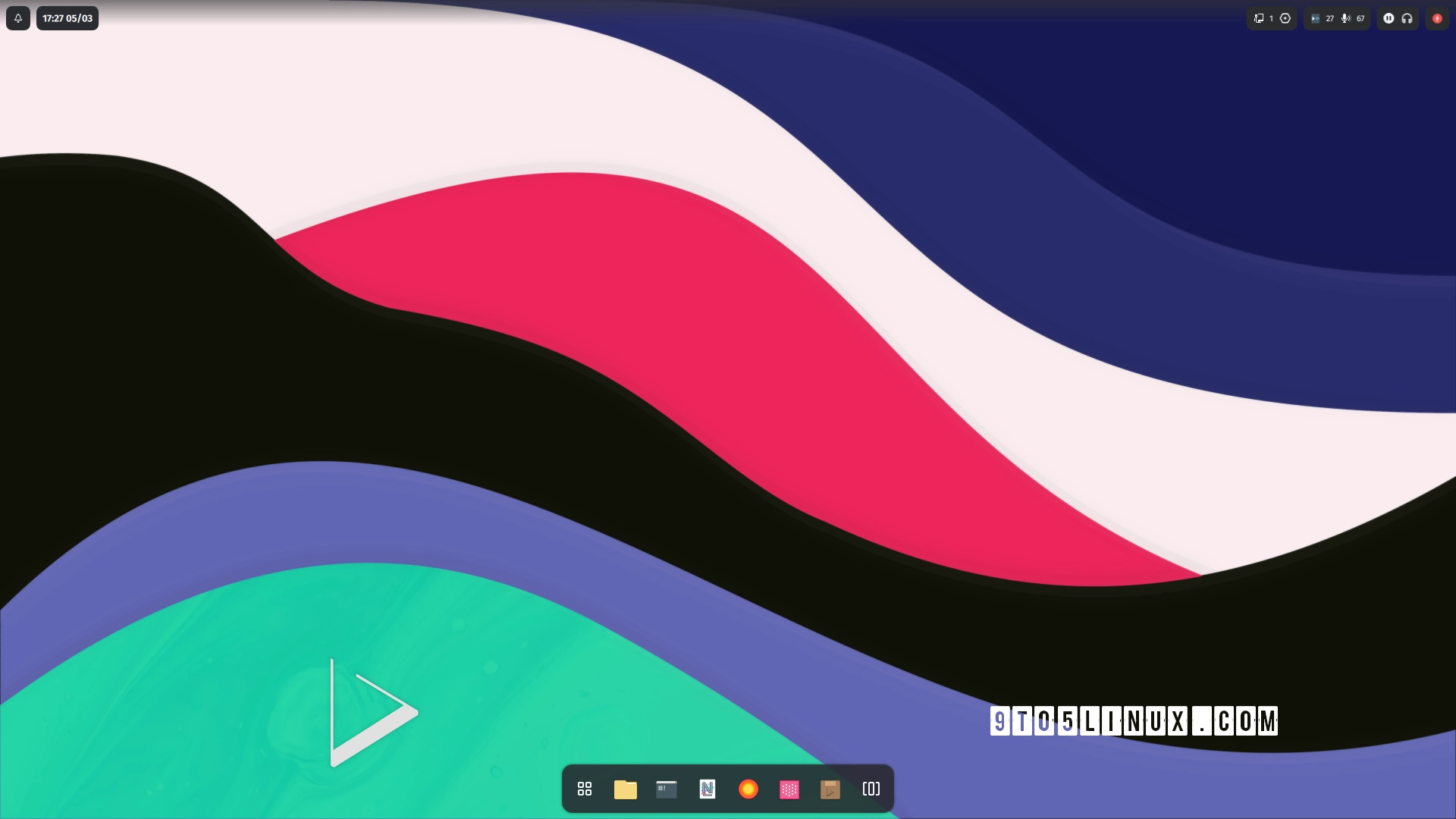





_Andreas_Prott_Alamy.jpg?width=1280&auto=webp&quality=80&disable=upscale#)
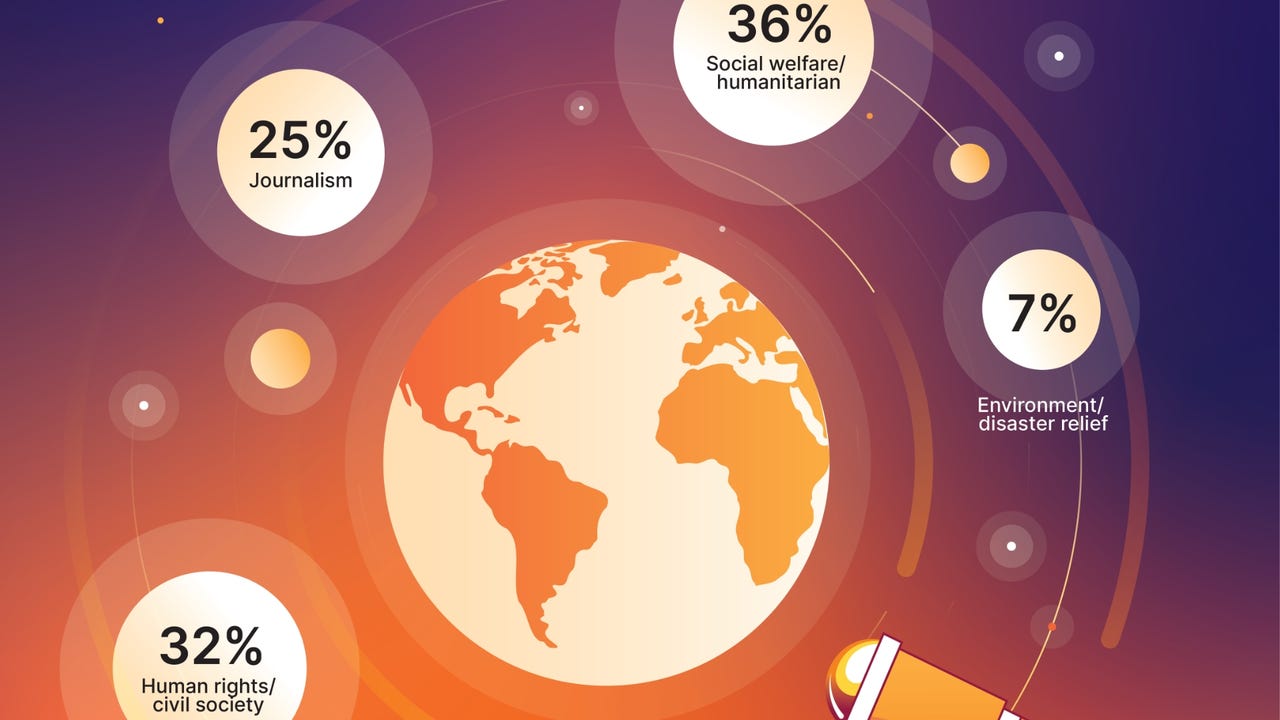
_designer491_Alamy.jpg?width=1280&auto=webp&quality=80&disable=upscale#)
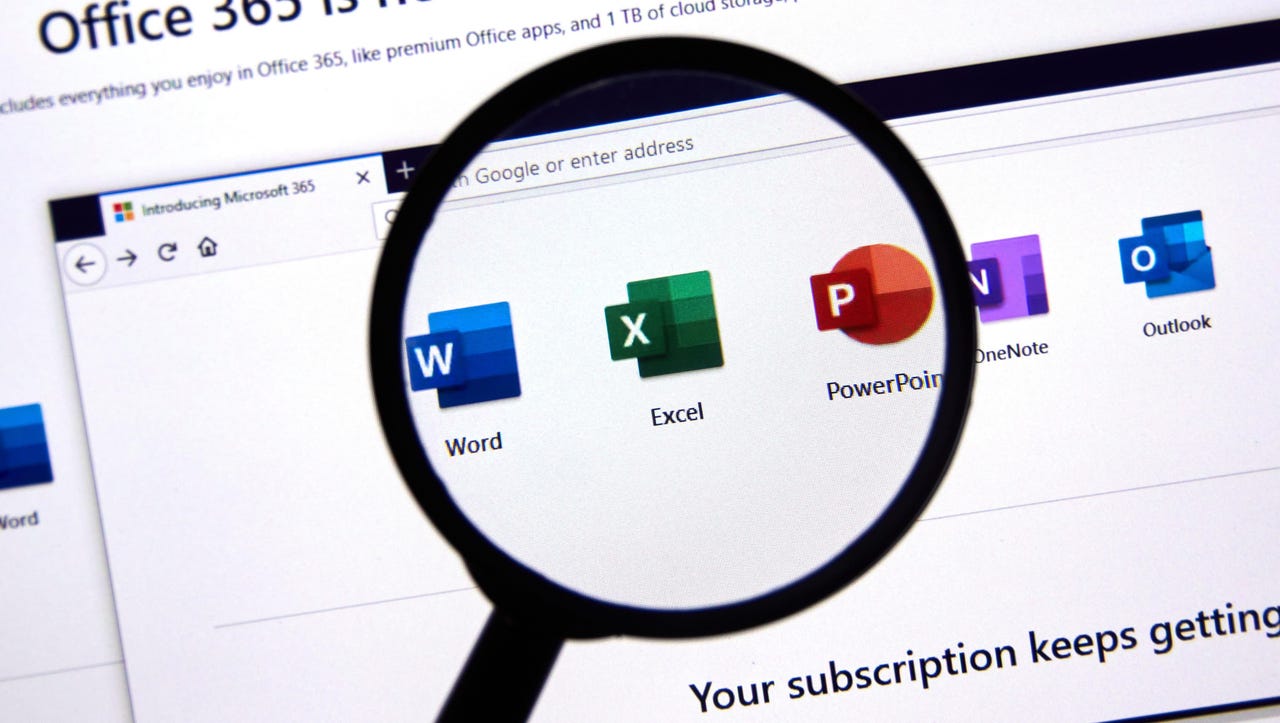






































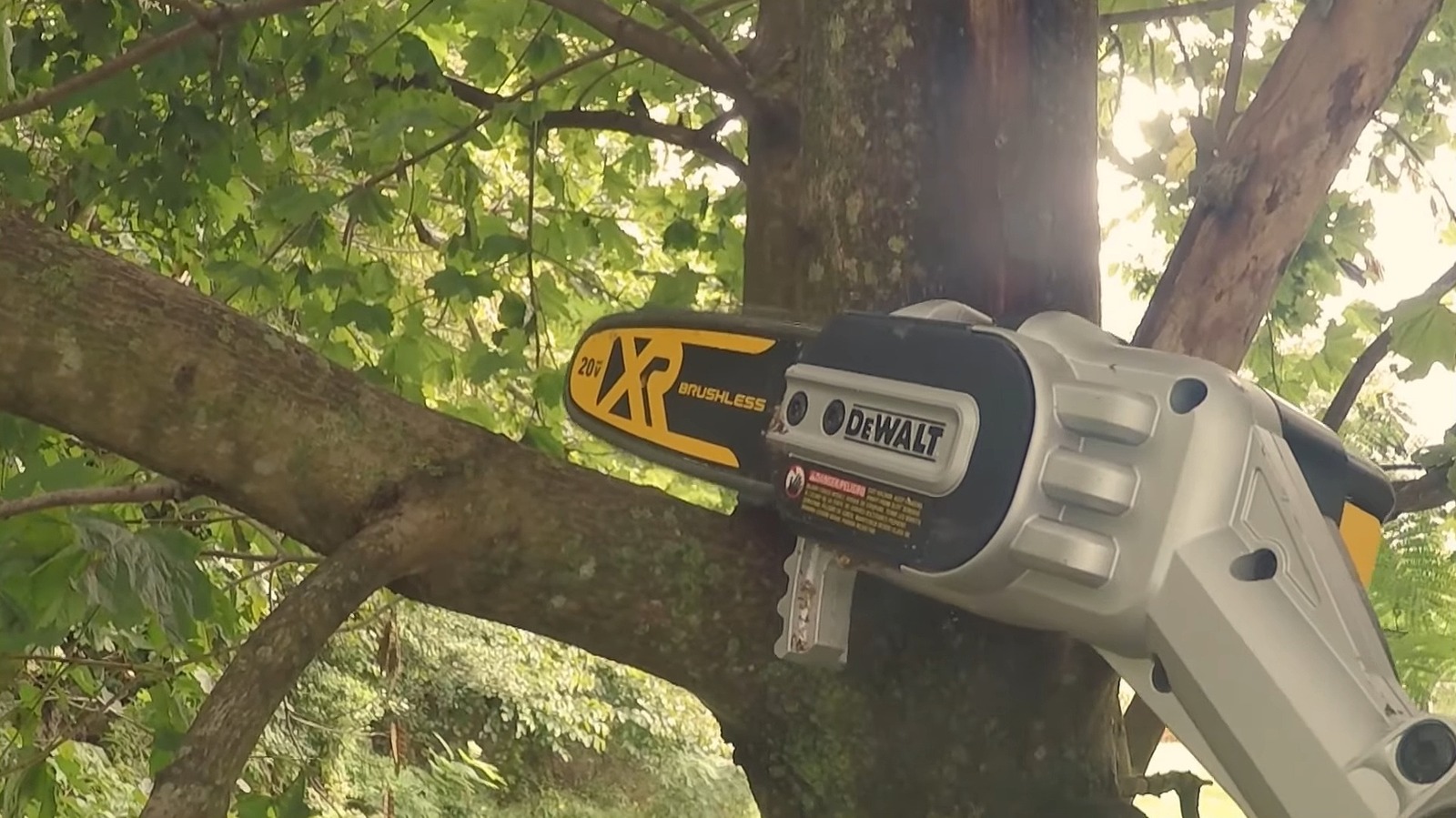

















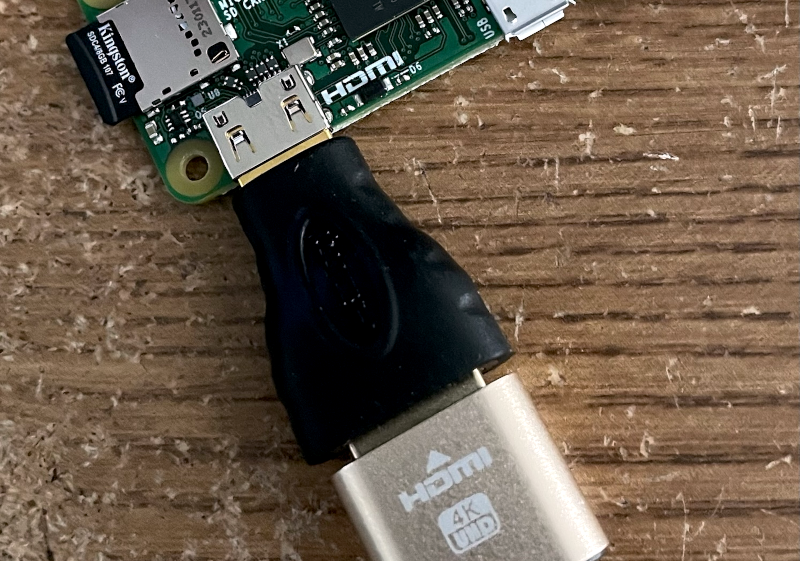
























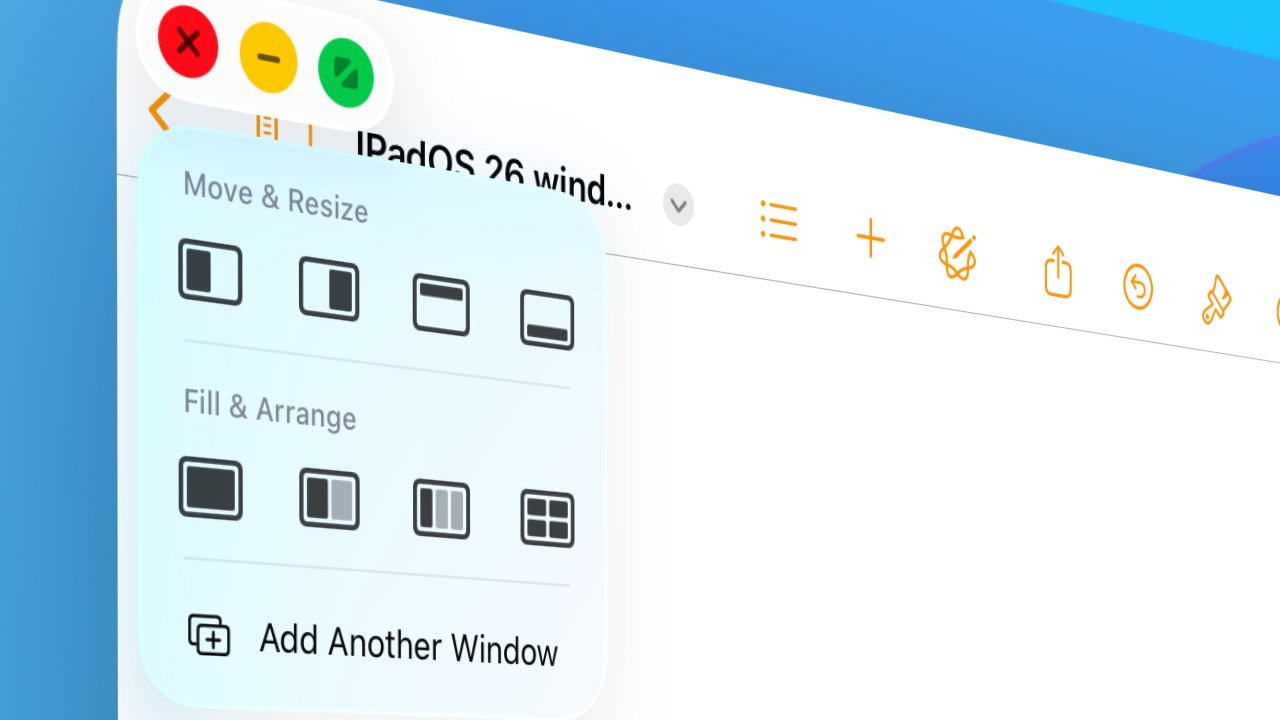


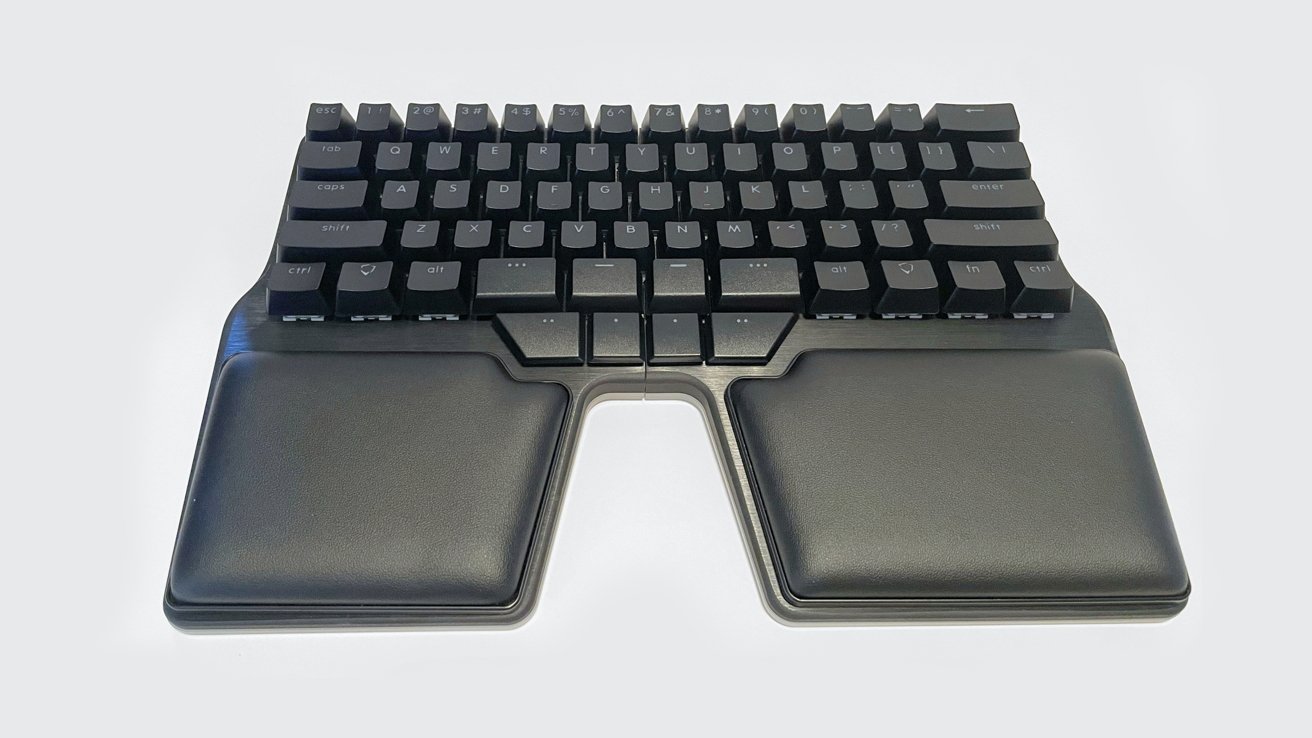




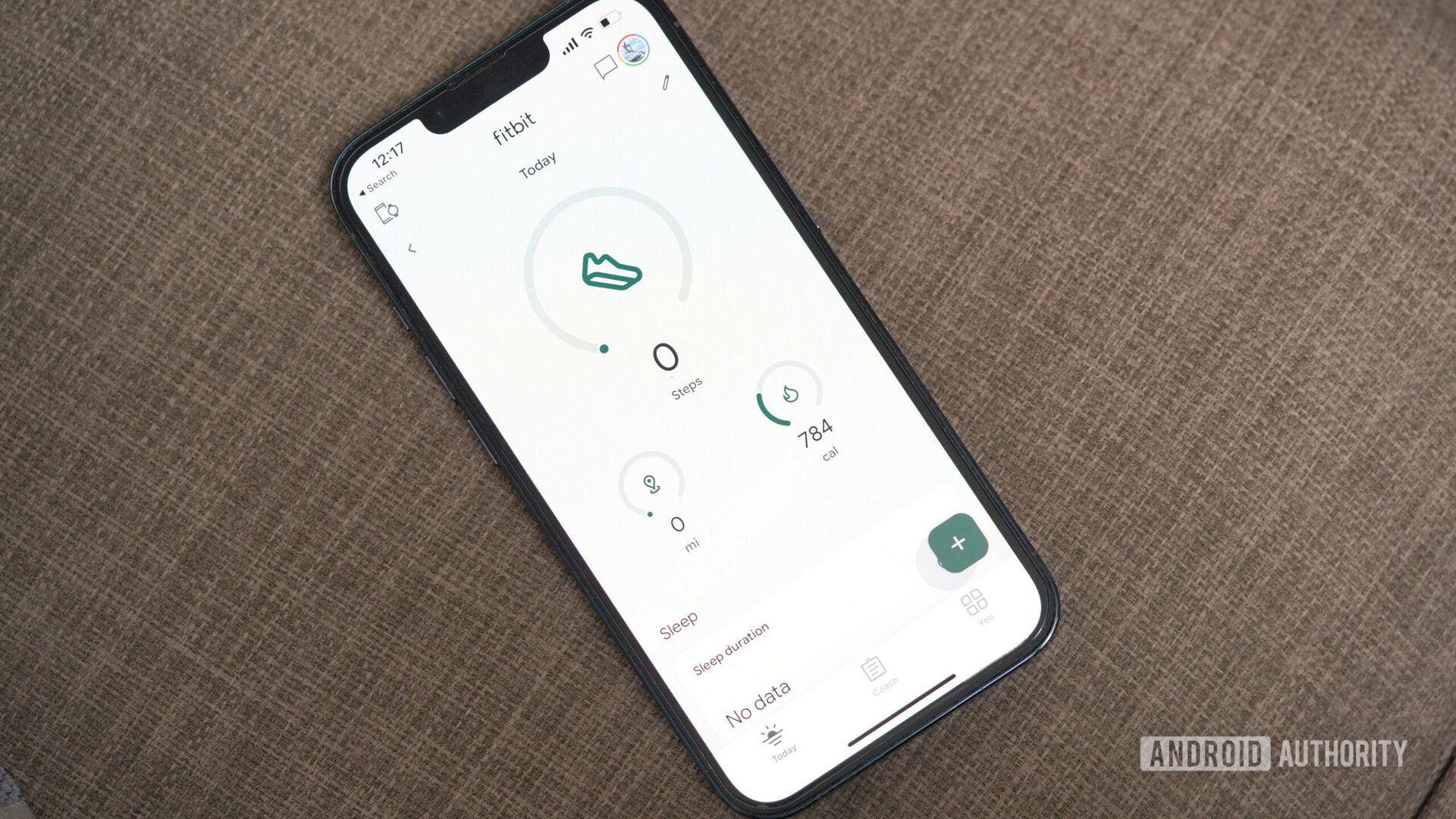



![iPad Air vs reMarkable Paper Pro: Which tablet is best for note taking? [Updated]](https://i0.wp.com/9to5mac.com/wp-content/uploads/sites/6/2025/05/ipad-air-remarkable-paper-pro.jpg?resize=1200%2C628&quality=82&strip=all&ssl=1)





![What Gemini app features are free versus paid? [June 2025]](https://i0.wp.com/9to5google.com/wp-content/uploads/sites/4/2025/01/gemini-android-5.jpg?resize=1200%2C628&quality=82&strip=all&ssl=1)












![Apple M4 Mac Mini Back on Sale for $499 [Deal]](https://www.iclarified.com/images/news/97617/97617/97617-640.jpg)

